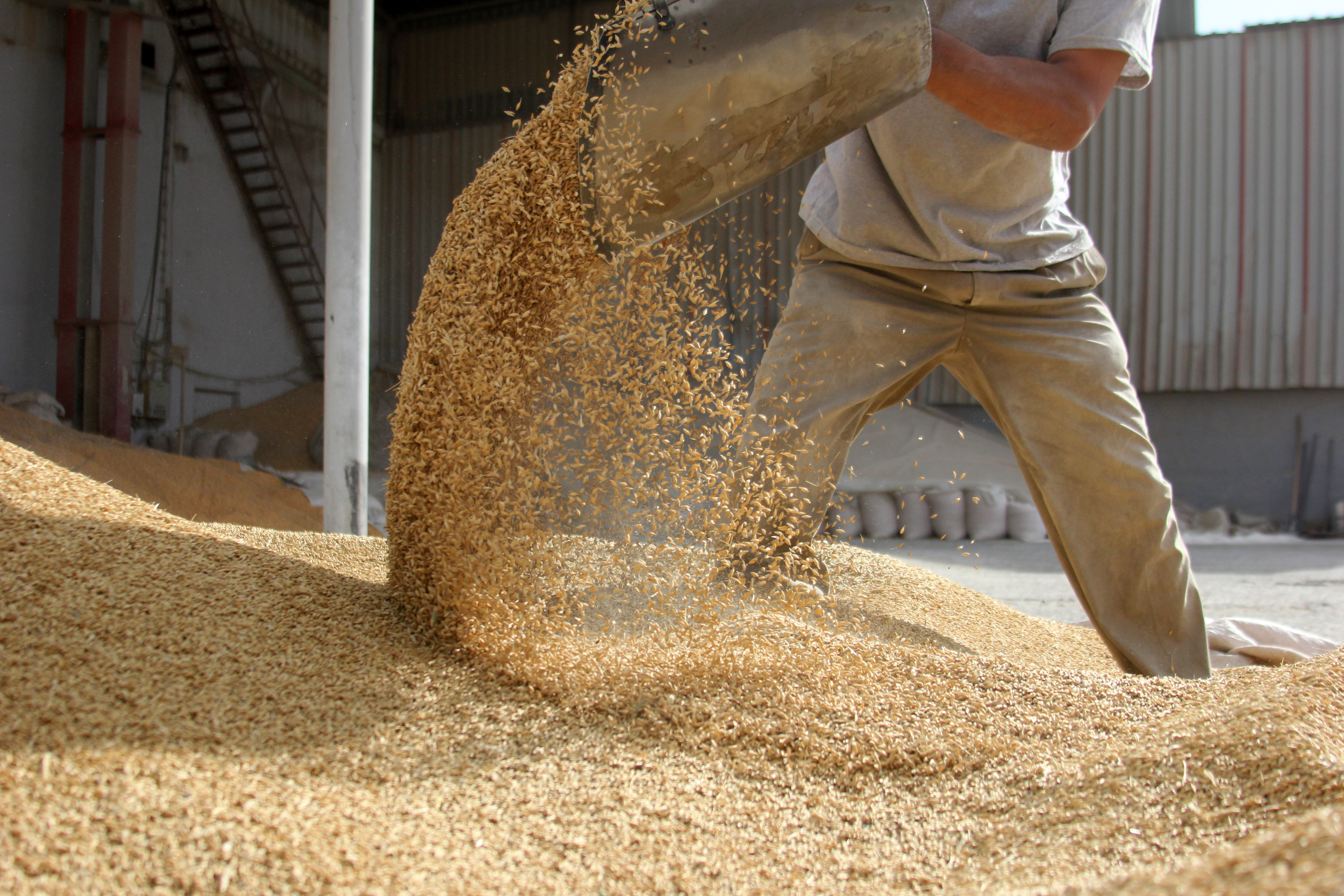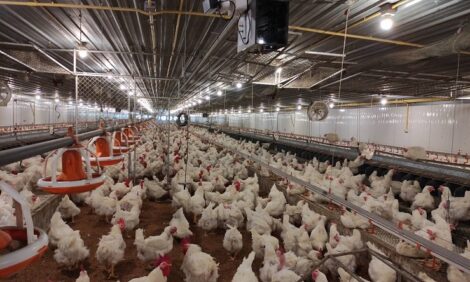



Lawsuits likely in Mexico over proposed corn import, glyphosate bans
The Mexican government's plan to stop importing genetically modified (GMO) corn as well as the widely-used herbicide glyphosate will likely face legal challenges this month to reverse the proposal, according to the new head of Mexico's top farm lobby.Juan Cortina, president of Mexico's Farm Council (CNA), told Reuters that he thinks the lawsuits are needed to get the government to back down.
"Unfortunately, I think there will need to be legal challenges brought by all the people who use glyphosate and genetically-modified corn," said Cortina, adding that he also expects US exporters to appeal to provisions of the USMCA trade pact to declare the measures illegal.


Late last year, the Mexican government published a decree banning the use of both GMO corn and glyphosate over the next three years, arguing both present health risks and that boosting traditional corn supplies domestically should be prioritized.
The vaguely-worded decree has generated across-the-board industry opposition plus frenzied lobbying efforts aimed at urging officials to reconsider.
Cortina noted that last year Mexico's agricultural sector grew by about 2% despite the economic slump caused by the coronavirus pandemic, even as the rest of the economy contracted sharply.
Mexico's booming livestock sector could face a loss of competitiveness under the import ban due to its heavy dependence on the bulk of some 17 million tonnes annually of imported yellow corn, used to fatten cows, pigs and chickens, and nearly all of it supplied from US farmers who almost exclusively grow GMO varieties of the grain.
Cortina argues that government must present alternatives, and that farmers would welcome them if they are price-competitive and equally effective.
The CNA estimates that Mexico's livestock sector accounts for about 40% of the country's farm economy, worth about $24 billion last year.
"Many aspects of the decree need to be clarified," added Cortina.


Industry critics have noted that the measure does not differentiate between yellow corn, mostly used for animal feed and other industrial uses, and white corn, which is used in Mexico for the country's staple tortillas. The country is mostly self-sufficient in white corn.
Nor does it define which products are included in its proposed ban on GMO corn for human consumption.
Cortina, who took the helm of the CNA last month and is the long-time head of Mexico's sugar chamber, implored policy makers to make decisions "based on science, not on ideology."
While he argued that decades of research into genetically-modified crops like corn have shown they are safe, critics counter that the seeds contaminate native corn strains which harms the biodiversity of the crop in Mexico, where corn was first domesticated. Cortina also defended glyphosate's track record.
The main producer of glyphosate-based herbicides is Germany's Bayer AG, which inherited the business from its acquisition of Monsanto in 2018.
Earlier this month, Bayer reached a $2 billion settlement over future claims that the popular weedkiller causes cancer.









